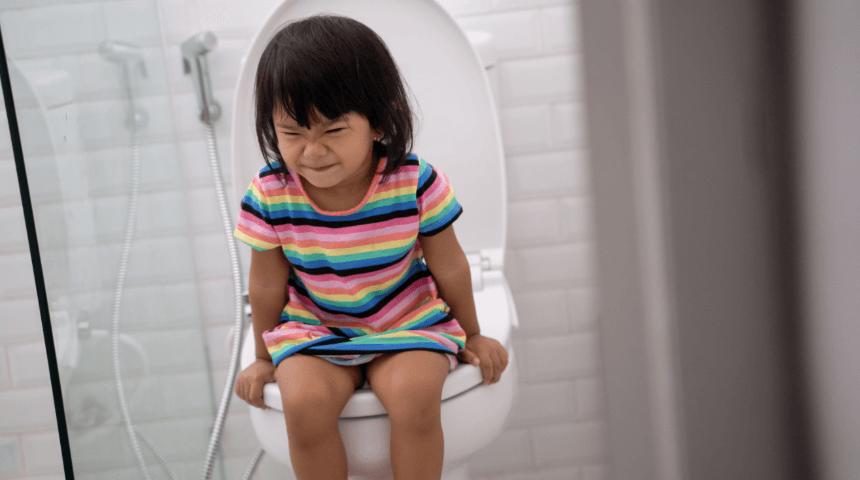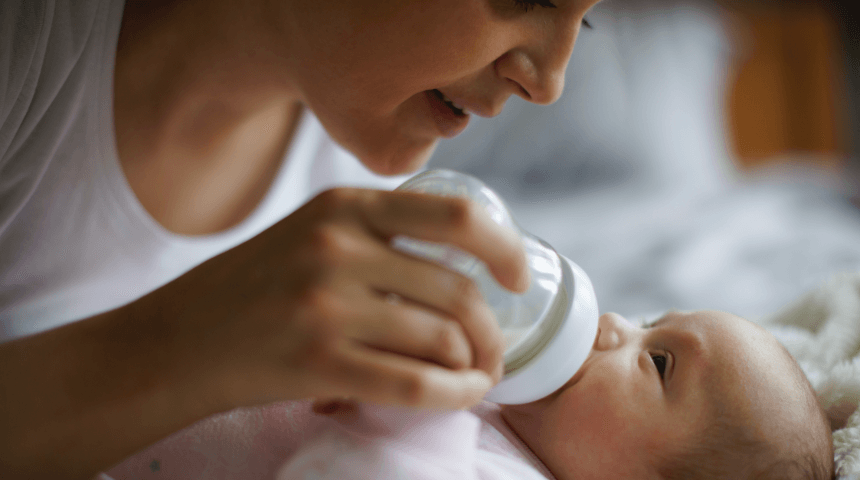Potty training can be a stressful time for parents and kids, and even more so when your child shows no interest in giving up diapers.
Delays generally are more common in boys than in girls, and it’s more frequently a problem with bowel movements than with urination.
It can create emotional whiplash for everyone when a child refuses to use the toilet. It also can create problems if a child’s day-care requires students to be potty trained before enrolling.
But with persistence and a lot of support along the way, your child should be fine.
Children often begin to show an interest in potty training when they’re very young, perhaps between 18 and 24 months. It’s a good time to begin training when your child signals readiness, which includes:
- Telling you when they’ve soiled their diaper
- Asking to start wearing underwear
- Imitating you in the bathroom.
Parents have a wide variety of popular approaches to training a child, from waiting until their child takes an interest to not training until certain physical and psychological milestones are met.
Whichever approach you choose, it’s a good idea to consult with the child’s pediatrician before you start.
Girls typically are potty trained between 24 and 30 months, and boys between 36 and 42 months.
Training Obstacles
Potty training may go smoothly for some kids and parents, but not for others.
The reasons often are behavioral. A child might be fearful of anything from falling into the toilet to losing a part of themselves (yes, some children can be possessive of their bodily secretions). It’s possible a child might feel some embarrassment about going to the bathroom.
Toilet training delays also are associated with serious medical conditions such as spina bifida, cerebral palsy and Down syndrome.
But other, more common medical conditions can develop over time.
Children who avoid defecating might become chronically constipated, which can stretch the rectum and lead to a condition called encopresis, in which a child begins involuntarily defecating. The condition affects 1% to 4% of school-age children and is far more likely to occur in boys than girls.
Urinary incontinence — enuresis — often shows up as nighttime bedwetting and affects as many as 7 million children in the United States.
Don’t Panic!
It’s hard to remain patient and calm if your child is having trouble learning to use the toilet. But don’t panic. You can take action at home to help get your child on the right track.
If the problem is controlling bowel movements, try these strategies:
- Use stool softeners to make bowel movements less painful. Check with your pediatrician first.
- Encourage exercise. It’s a proven way to move food through the digestive system more quickly and efficiently.
- Feed your child a nutritious diet. Foods that are higher in fiber — fruit, vegetables, whole grains — will help bowels work more efficiently.
- Try to get your child on a schedule. Going to the potty after each meal can be effective.
If the problem is controlling urination, particularly at night, try these steps:
- Reduce the amount of fluid your child has before bedtime, and avoid drinks with caffeine in them.
- Be sure your child goes to the bathroom before getting into bed.
- Ask your pediatrician about medication that can reduce the amount of urine at night.
In some instances, parents may need to consult a specialist, like a pediatric gastroenterologist. Or a counselor may be able to help your child cope with feelings or fears that interfere with learning how to use the toilet.
Parents should always avoid punitive measures when helping their child get through toilet-training delays. That doesn’t work.
Instead, minimize pressure on children, support them and reward their successes.
Choose to Stay in Touch
Sign up to receive the latest health news and trends, wellness & prevention tips, and much more from Orlando Health.
Sign Up










